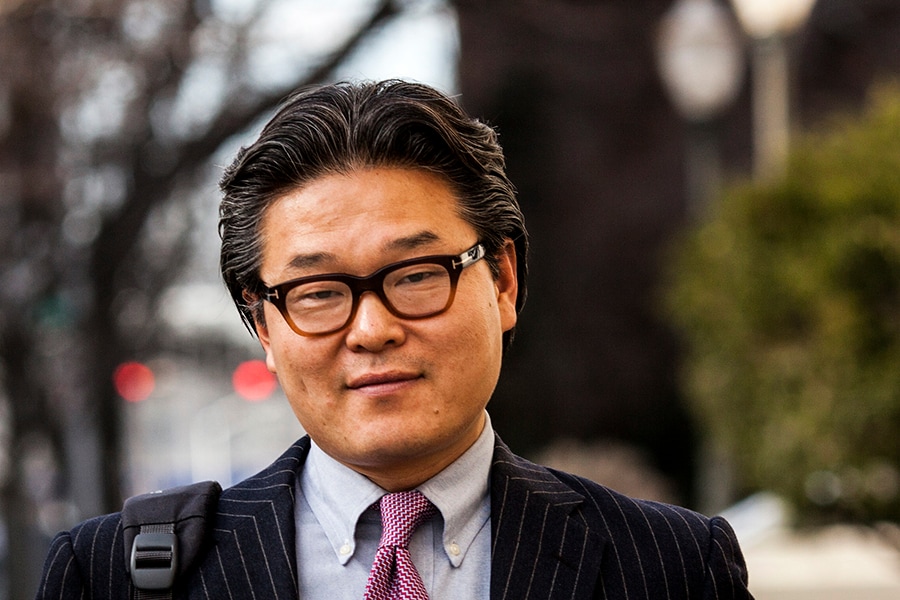
He built a $10 billion investment firm. It fell apart in days
It is a tale as old as Wall Street itself, where the right combination of ambition, savvy and timing can generate fantastic profits, only to crumble in an instant when conditions change

Bill Hwang (Image: Emile Wamsteker/Bloomberg via Getty Images)
Until recently, Bill Hwang sat atop one of the biggest — and perhaps least-known — fortunes on Wall Street. Then his luck ran out.
Hwang, a 57-year-old veteran investor, managed $10 billion through his private investment firm, Archegos Capital Management. He borrowed billions of dollars from Wall Street banks to build enormous positions in a few American and Chinese stocks. By mid-March, Hwang was the financial force behind $20 billion in shares of ViacomCBS, effectively making him the media company’s single largest institutional shareholder. But few knew about his total exposure, since the shares were mostly held through complex financial instruments, called derivatives, created by the banks.
That changed in late March, after shares of ViacomCBS fell precipitously and the lenders demanded their money. When Archegos could not pay, they seized its assets and sold them off, leading to one of the biggest implosions of an investment firm since the 2008 financial crisis.
Almost overnight, Hwang’s personal wealth shriveled. It is a tale as old as Wall Street itself, where the right combination of ambition, savvy and timing can generate fantastic profits — only to crumble in an instant when conditions change.
“That whole affair is indicative of the loose regulatory environment over the last several years,” said Charles Geisst, a historian of Wall Street. “Archegos was able to hide its identity from regulators by leveraging through banks in what has to be the best example of shadow trading.”
©2019 New York Times News Service







